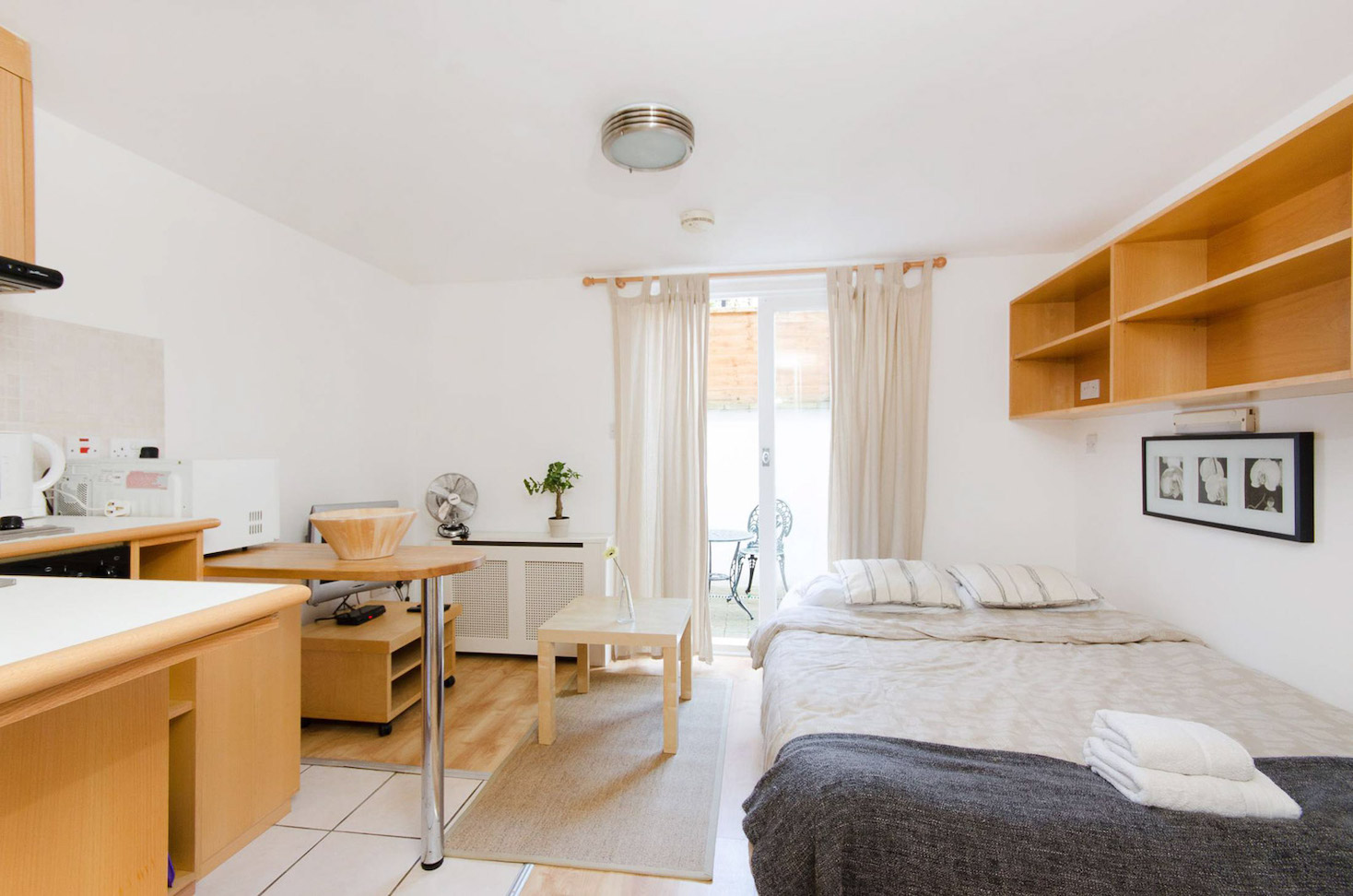Schools typically begin accepting children between 2.5 to 3 years old. However, there isn’t an exact age because every child is unique. For children, school readiness depends more on the development of their child rather than chronological age. Is your child emotionally, physically, and socially prepared for the classroom? There are many things to think about when making this major decision. Before you decide to enrol your toddler at school,
Make sure you have the answers to these questions.
Separation Anxiety
This is a huge issue. She might be familiar with all the letters, colours, shapes, and shapes, but unless she’s emotionally prepared for the day-to-day school challenges, there may not be enough to go there. If your child is uncomfortable being away from you, then she’s not ready to start school by the age of 2, 3 or 4. Moving to school can be an already stressful experience, and you do not want to add more anxiety.
Social Development
What kind of experience did she have playing with other children? Do they like it? Is she able to do it effectively? If your child is engaged in play with other children and isn’t ready to enter a classroom yet. Most three-year-olds have begun to play together as well as engage in creative play. Both are important elements for preschool in pune classes. Your three-year-old must be aware of how she should treat children in the same way before she is able to begin school.
Potty-trained
Sometimes, schools assist with the potty-training process, but most require that this ability is mastery-based prior to enrolling. Potty training is an important developmental milestone. It could be a significant indicator of readiness for school.
Physical Development
Do they have fine motor skills to handle classroom materials, or does she have the gross motor skills needed to operate the equipment on the playground? Sure, school is the place where they develop these abilities, but your two or three-year-old must have the motor control required to maintain a pace with his peers for a successful school experience.
Nap Necessity
If your 2 – or 3- year old needs an afternoon nap of 2 hours, it is possible that she is not fully developed enough for the level of activity in school. In general, schools will have naps that are built into the daytime schedule but bear in mind that your child may not get as much sleep in the classroom as she does at home.
Communication Skills
Do you think she is easy to understand? Does she seek help whenever she needs it? She should be capable of speaking out and requesting assistance whenever she needs it. She must also be capable of communicating with her peers. If you’re only the person that can comprehend her adorable little voice, but she’s not quite enough yet to be ready for preschool.
Bottom Line
It’s important to make this an enjoyable experience for all. If your child is two or three years old and isn’t ready yet, there’s nothing wrong with making sure she’s old enough (up at 4 or 5 years old) to enrol her in a good franchise preschool. If you believe she’s close to being ready, think about signing her up for a part-time preschool program. Make sure that it’s at least three times a week so that she becomes familiar with the routine and timetable that school brings to her daily routine. There are other aspects to think about as well, such as how she handles new situations. Can she respond well to stimuli? Is she comfortable in a group with other kids? The list is endless. However, if you start by looking at these basic indicators, you’ll be able to determine whether your child is prepared to make the jump to the professional ranks.



